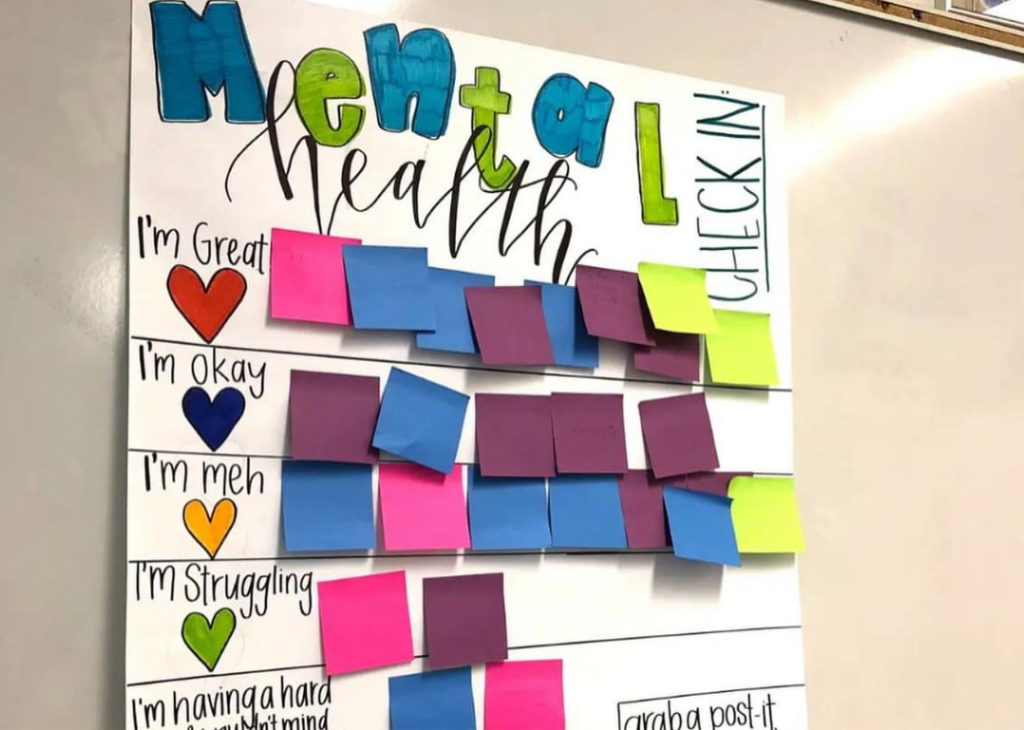
It might sound strange at first, but your gut and your brain are in constant communication—and science is now proving that this relationship is far more important than we once thought. The concept of the “gut-brain axis” isn’t just a wellness trend; it’s a legitimate area of research that’s reshaping how we think about mental health. Within the last few years, studies have shown that the gut microbiome—the trillions of bacteria living in your digestive system—can influence mood, cognition, and even the risk of developing disorders like depression and anxiety.
One major player in this conversation is serotonin, a neurotransmitter commonly linked with feelings of well-being. While most people associate serotonin with the brain, around 90% of it is actually produced in the gut. Scientists now believe that imbalances in gut bacteria may impact how much serotonin your body makes—and how effectively your brain uses it. That means when your gut is out of whack, your mood might be too.
Recent studies are making this link even clearer. In a 2022 meta-analysis published in Psychiatry Research, researchers found that individuals with depression had significantly different gut microbiomes compared to those without. Specific strains of bacteria were either missing or overrepresented, suggesting that microbial diversity might play a role in emotional regulation. Another study from Cell Reports in 2023 showed that introducing certain probiotics to mice reduced anxiety-like behaviors—indicating that the right balance of gut bacteria could potentially calm an overactive stress response.
The practical implications of this research are big. Nutrition is now being considered a potential complementary treatment for mental health disorders. Some psychiatrists and therapists are working alongside dietitians to recommend dietary changes—like increasing fiber, reducing processed foods, and adding fermented products—to help support better gut health. There’s also growing interest in the use of psychobiotics: probiotic supplements specifically formulated to target mental well-being.
Of course, the gut-brain connection isn’t a cure-all, and scientists caution that more human trials are needed. But one thing is clear: our bodies are incredibly interconnected. What you eat doesn’t just affect your waistline or your cholesterol—it might also shape your thoughts, your focus, and your emotional resilience. And that’s a powerful reminder that mental health care can—and maybe should—start at the dinner table as much as in the therapist’s office.